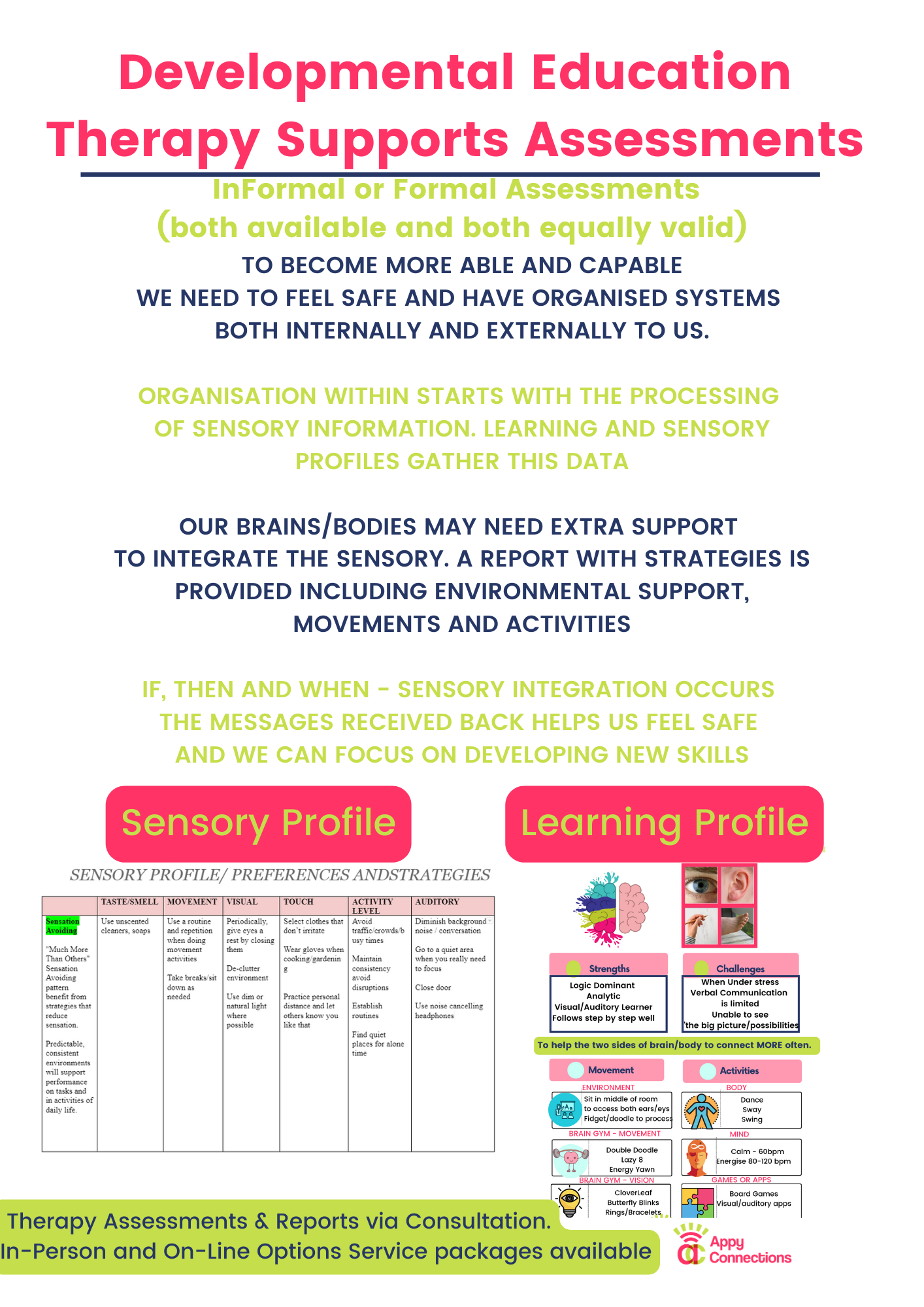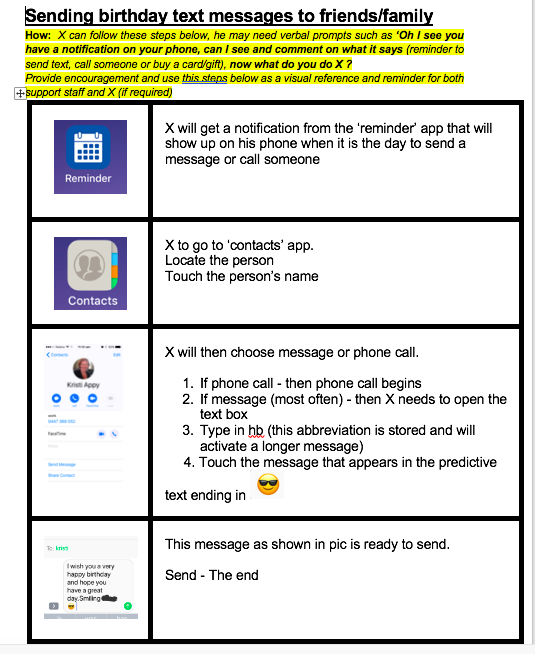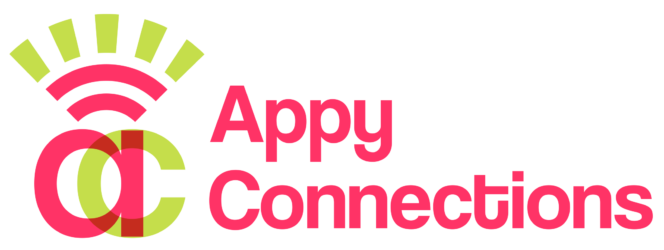1:1 Therapy Support
Online or In-Person Support is available
We want to know you and what you are aiming for?
Active Learning Opportunities available
The BrainGym program is offered as part of a learning program or can encompass an entire 1:1 session.
BrainGym has 3 domains: each supporting functional life skills.

Organisation
Outcome: Calm, Connected and Present
BrainGym supports emotional regulation. Skill Development for decision making, memory, interests and impulse control..

Communication
Outcome: Clear Headed/Able to Process Information
BrainGym supports our Thinking. For Communication, problem solving and Self Awareness

Participation
Outcome: Articulation & Coordination
BrainGym supports the body and posture aiding motor planning, actions and expressions
More About BrainGym 1:1 sessions as therapy support
Technology Support
Our unique therapy supports often include customising devices & apps.
We offer individual training by experienced and qualified professionals.
If you are looking to improve communication, independence and life skills, and you want to try it the Appy Way.
We would love to hear more about you and what you need
Communication
Use mainstream device as an AAC device
Life Skills
Shopping/Cooking/Budgeting
Independence
Set reminders, break down tasks, use device as a learnign tool

A Connection Call is a great start. It may be YOU or an advocate on the call.
During this first chat, individuals’ needs skills/challenges are discussed. If any formal assessment types are required these will be offered.
Kristi will then advice / recommend the possible service/support/programs on offer by Appy Connections.
Phone: 0447 368 052 or
or email me – [email protected]
MORE INFO ABOUT DEVELOPMENTAL EDUCATOR OFFERS/ASSESSMENTS
Developmental Educator can offer varying assessments which also support communication, organisation and participation
Before we can focus on new skills…
We all need to feel secure, centered, and organised.
Developmental Education Assessments include Sensory Profiles and a lesser-known ‘Learning Profile’ unique to the individual and their preferred ways to process information.

MORE INFO OF HOW TECHNOLOGY CAN SUPPORT INDEPENDENCE, COMMUNICATION AND LIFE SKILLS
Case Study
Person: A middle-aged male who has Autism needed help to learn how to use his phone
Problem: At baseline – support workers were taking his phone and replying to his messages. Who considered his choice, control and privacy? Not everyone. Yet him replying with typing words due to language processing of text becomes anxiety-provoking and takes all the fun out of it.
Solution: Assessment of skills, needs, abilities and motivation (he values his connections with others in high regard). A learning program was set up and included visual schedule and instructions for both himself and his support workers
Outcome: In real-time he now responds to messages from his friends and family using his unique introductory line ‘This is X X speaking’ – yet it’s a text. Does anyone mind? No!
Additional Bonus: He is sent reminders when it’s time to send a birthday message and takes a lot of pride in sending these too.

Learn More About Us
